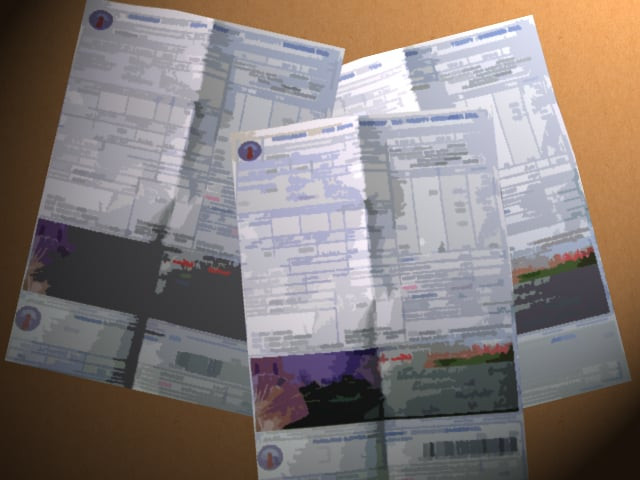Electricity: Consume now, pay never
If PPP wishes to remain electorally relevant, it may want to start by making the rich in the province pay their bills.

The defaulting customer in this case is the Sindh government itself which makes it an absolute outrage. PHOTO: FILE

The two companies in question are the Hyderabad Electric Supply Company (Hesco) and the Sukkur Electric Power Company (Sepco), which are responsible for distributing electricity to customers in all districts of Sindh, except those covered by the privately-owned Karachi Electric Supply Company. The contrast between the KESC and these two state-owned utilities could not be more striking.
Hesco and Sepco have some of the highest line losses in the country, which are compounded by an appalling bill collection rate. Of the electricity it buys from the national grid, Hesco loses 28 per cent to theft and a crumbling infrastructure and then loses another 31 per cent by not being able to collect bills from its customers, according to data compiled by the National Electric Power Regulatory Authority (Nepra). The figures for Sepco are even worse: line losses of 40 per cent and losses on uncollected bills accounting for 49 per cent of the total electricity it is able to sell.
This is a case of catastrophically bad management for which the blame is to be shared by the federal and Sindh governments. The federal government owns these two companies and appears to have made no effort to try to improve their management. Indeed, by some accounts, the only effort being made is to perhaps hide the true scale of losses using techniques such as billing the government for electricity otherwise consumed by powerful and well-connected local individuals, so that the taxpayer ends up footing the bill.
The Sindh government, for its part, likely has a legitimate grievance when it says that it should not be billed for electricity consumed by others, but in a sense, it is crying over the symptom of a disease that it created itself. Is it not the responsibility of the Sindh Police and the Sindh government to crack down on theft and abuse of power? Instead of complaining about being overbilled, why is the provincial government not doing anything to stop people from stealing electricity? It seems ironic to have a province run by a left-leaning political party do almost nothing to do away with the vestiges of aristocratic privilege that have persisted in the modern era.
What makes matters worse is that — far from doing anything to solve the problem — the Pakistan Peoples Party-led Sindh government used its last few days of influence in Islamabad to get those outstanding amounts written off, bypassing the institutional checks and balances that would have prevented them from doing so in the first place. The PPP proudly proclaimed in the election campaign that it has set up institutions that will serve the country well in the future, and this claim does have merit. But what is the point of creating those institutions if the rules that govern them are ignored?
The real cause of the problem with the PPP’s bad management of Sindh is that it appears to feel that it is possible for it to keep on promising their voters free goods and services and never have to actually deliver on this pledge. This is simply not sustainable.
One would have hoped that the electoral shellacking that the PPP received at the hands of voters in May would induce some soul-searching in the party. But the initial signs are not looking good. The PPP must realise that governing means making hard choices, and that politics is the art of getting people to accept and agree to those hard choices. Getting people excited about free stuff is easy: rallying them towards a common purpose that involves self-sacrifice is hard, but much more necessary. If the PPP wishes to remain electorally relevant, it may want to start by making the rich and powerful in the province pay their electricity bills.
Published in The Express Tribune, July 3rd, 2013.
Like Opinion & Editorial on Facebook, follow @ETOpEd on Twitter to receive all updates on all our daily pieces.














COMMENTS
Comments are moderated and generally will be posted if they are on-topic and not abusive.
For more information, please see our Comments FAQ